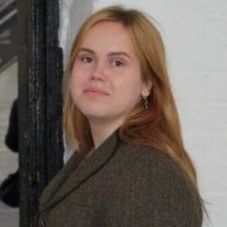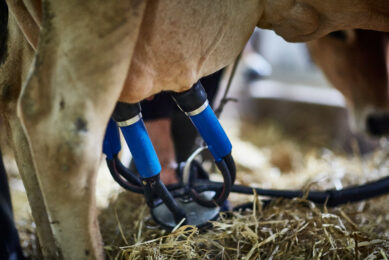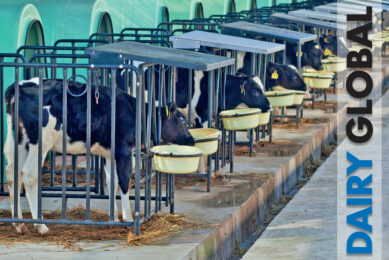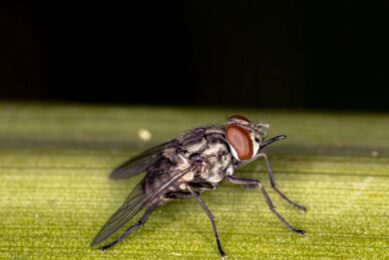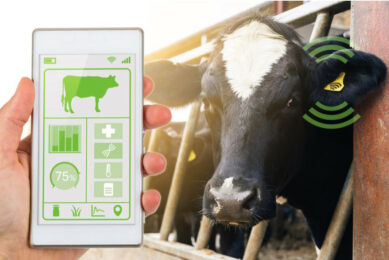From kibbutzim to the Silicon Wadi: The Israeli agtech story
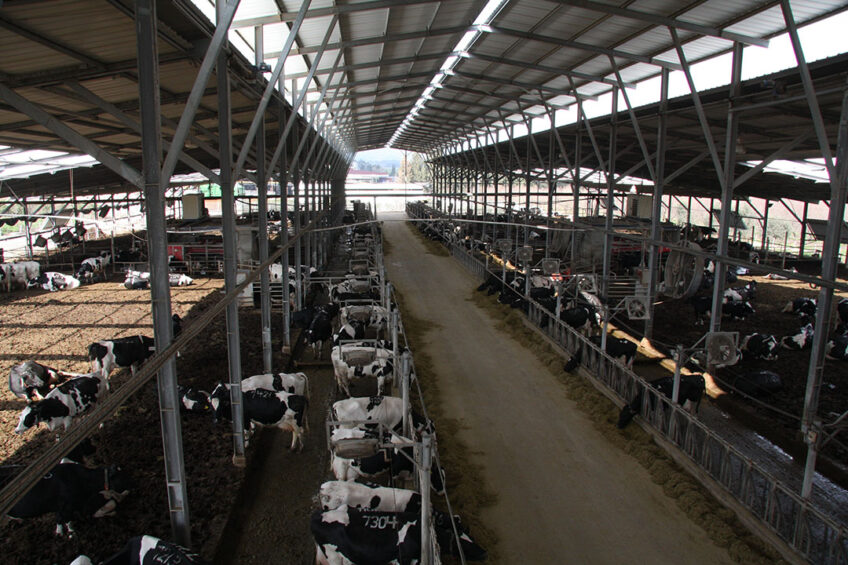
Limited resources and little foreign trade have fostered innovation in Israeli agriculture. Today, Israel’s agtech sector is second only to the US.
Anyone with a keen interest in modern agriculture will have noticed that Israeli agtech innovations are popping up left, right, and centre. Israel spends 4.3% of its GDP on research and development – the most of any country – and according to the World Economic Forum, it is where companies embrace change the most and where innovative companies grow the fastest. 73 years after gaining statehood, Israel is making David Ben-Gurion’s dream of ‘making the desert bloom’ a reality. 17% of Israel’s total agricultural budget is allocated to R&D, and close cooperation between farmers, the agricultural industry, technological research, and the government seems to be a recipe for success.

Kibbutzim sowing seeds of innovation
Well before statehood had even been achieved, early Israeli pioneers sowed the seeds of agricultural innovation by founding the first kibbutz: an agricultural community focused on sharing land and resources and working together to tackle tough farming challenges. Harsh land, scarce water, a limited labour force, and limited trade with neighbouring countries stimulated resourcefulness in Israeli agriculture, and the kibbutzim ‘can-do’-attitude still characterises this sector. Even today, the kibbutzim lie at the basis of Israeli agtech innovation, and more than half of the country’s agtech ventures are managed by someone who grew up in a kibbutz.
The Silicon Wadi
Just as the kibbutzim foster agricultural innovation, so too does the Israeli tech industry. Often referred to as the ‘Silicon Wadi’ (‘Wadi’ meaning ‘valley’ in Arabic), Israel has become a major tech hub, with companies such as Microsoft, Google, and Amazon tapping into Israeli know-how and running substantial operations in the country. However, high-tech multinationals are not the only driving force behind technological innovation in Israel: higher education, too, influences the country’s tech climate – and so does the Israel Defense Forces.
Though well-known for inventing the Iron Dome – an air defence system capable of intercepting incoming missiles – the IDF’s strongest forte is perhaps education. Every Israeli spends between 2-3 years in the IDF, and during this time, many develop skills in computer science and engineering. Additionally, the IDF helps recruits to develop operational and leadership skills, meaning those who leave the IDF do so armed with technical knowledge as well as the interpersonal skills required to lead a start-up.
Autonomous drones make farmers’ lives easier
BeeFree Agro is on a mission to change the lives of ranchers and dairy farmers by using autonomous drones. CEO and co-founder Noam Azran tells us more. Check it out…
Community support for a fruitful agtech climate
A third factor contributing to the positive agtech business climate in Israel is the strong community support, led by GrowingIL. A government initiative of the Israel Innovation Institute, Ministry of Economy, Ministry of Agriculture and Rural Development, and Israel Innovation Authority, GrowingIL aims to develop the Israeli agtech ecosystem and reshape Israeli agriculture to meet emerging global food needs through the implementation of ground-breaking technologies. Doron Meller, GrowingIL executive director, tells us how the initiative stimulates growth in the Israeli agtech sector.
We try to connect all the relevant players in the agricultural community: entrepreneurs, start-ups, academia, investors, government, agribusiness, food companies, service providers, et cetera – anyone relevant for this ecosystem. We try to understand their needs and build our operations according to that,” Meller says.
The development of this ecosystem rests on 4 pillars, Meller explains: “Firstly, we organise various different kinds of events, such as workshops, webinars, meetups, competitions, hackathons and conferences,” he says. “Secondly, we develop tools, ranging from unique internet sites to pair start-ups with pilots, to marketplaces, mentor programmes, and agtech investor maps.
“Thirdly, we have a strong focus on bringing the online community together via our social media and newsletters, providing information on knowledge opportunities, job opportunities, and investment,” he explains, and fourth, Meller comments, GrowingIL is “…like a live CRM, connecting all the relevant players in Israel and abroad.”
New ‘cure’ to tackle mastitis
With such a great emphasis on reducing the use of antibiotics in livestock farming these days, a number of new ‘cures’ for mastitis have been developed. Find out more…
The sheer amount of up-and-coming Israeli agtech innovation begs the question: is there something in the water? Meller laughs: “That’s the thing: we don’t have enough water. We have an entrepreneurial spirit, and we have a great tech atmosphere, starting with the tech units in the IDF. We see a lot of people entering agtech from different backgrounds, such as blockchain and artificial intelligence.
“Secondly, Israel is a small country. Back in the day, there were very limited resources: there was no water and no equipment, so traditional agriculture needed to do more with less. This translates into a ‘do more with less’-attitude, focused on accurate water- and farm management,” Meller says, and thirdly, he adds, “We benefit from agricultural research by the Volcani Institute, the Hebrew University Faculty of Agriculture, and the Weizman Institute of Science, who have worldwide recognition.”
Israel: Even Covid-19 won’t deter this dairy farm’s plans
Classed as essential workers the staff at one of Israel’s leading dairy farms have ensured the cows are milked daily even though some of them tested positive for Covid-19 and had to isolate. Read more…
3 Israeli dairy agtech companies to watch
Dairy Global has previously reported on Israeli start-up BeeFree Agro, which uses autonomous drones to make farmers’ lives easier, but the Silicon Wadi has much more to offer the dairy industry. These are 3 exciting dairy companies to watch:
MiRobot
MiRobot is an add-on robotic solution that automates the pre- and post-milking procedure, integrating with existing milking systems to bring full automation to the milk parlour. With this technology, the complete milking process is carried out simultaneously in a fully automated manner with only one supervisor per session, instead of a worker tending up to 8-10 cows. This leads to shorter milking sessions, allowing the farmer to tend to more cows. In a mid-sized parlour, for example, an average milking routine now lasts only 9 minutes, instead of the usual 15-16. As a result, the time cows spend in the parlous is reduced by 30% and infrastructure utilisation increases by 50%.
Remilk
Remilk develops real dairy products with no animals involved, using a microbial fermentation process to reproduce milk proteins and craft real dairy with the same flavour, texture, and nutritional values as traditional milk. The resulting product contains no cholesterol, lactose, hormones, or antibiotics, and requires only 5% of the resources and produces only 1% of the waste compared to traditional dairy.
Armenta
Armenta focuses on the development of novel therapies for dairy cattle diseases, with the aim of preventing monetary losses that result from them. The company focuses primarily on the non-antibiotic treatment of mastitis, thereby directly tapping into the challenges surrounding antibiotic reduction that face the dairy industry. Armenta has developed proprietary acoustic pulse therapy (APT) technology, which has a long history for its application to treat inflammatory diseases (as well as other kinds of diseases), and furthermore developed related devices designed for treating dairy cows.
Join 13,000+ subscribers
Subscribe to our newsletter to stay updated about all the need-to-know content in the dairy sector, two times a week.


